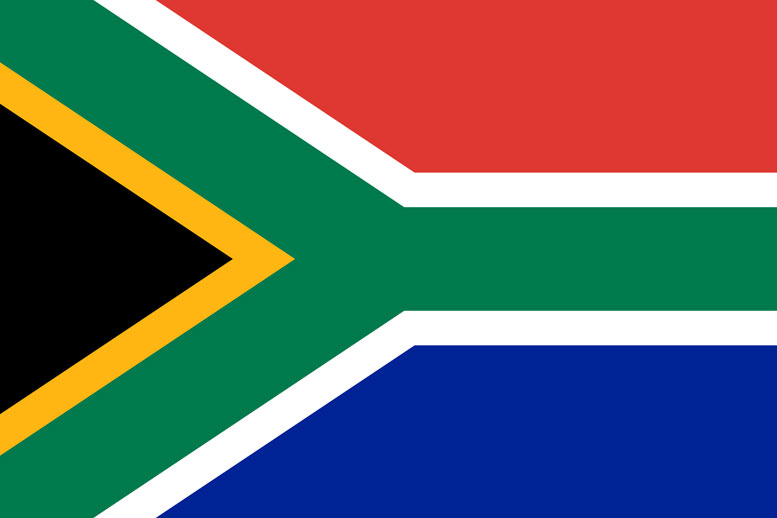After a decision to place CBD in the government’s most highly restrictive category for narcotics substances (SA Schedule 6) six months ago, South African Health Ministry officials last week dropped the highly lucrative industrial hemp derivative down the narcotics schedule to a presumably less-constraining category (SA Schedule 4) that nonetheless would require a prescription.
The developments – which caught SA hemp and CBD advocates by surprise – reflect the government’s continuing confusion over CBD and mark a major setback for the country’s hemp future.
Missed opportunity?
Industry proponents have for years advocated that CBD – previously uncategorized – be left off federal narcotics lists, and furthermore for the hemp crop itself to be treated as any other agricultural commodity. They say South Africa is missing a huge opportunity in the rapidly expanding global demand for hemp.
The magnitude of such a missed opportunity “becomes overwhelming when one considers that the potential applications of the crop currently seem limitless,” Arne Verhoef, founder of HempHub, told HempToday.
“A lot of people are looking at the export potential, and that’s one thing. But the real value in hemp is that we can use the plant to rebuild our country,” said Verhoef, whose company develops specialty CBD products.
Feasibility study criticized
The fate of South African hemp falls to three agencies – the Ministry of Health, the Department of Agriculture, Forestry and Fisheries, and a Medical Control Council, while the government has been advised by Dr. Thandeka Ruth Kunene, a consultant and owner of House of Hemp. Her firm has been the only entity to conduct hemp trials in South Africa based on an exclusive license for growing and processing that it received in 2010. That license expired this past April.
Kunene has come under criticism from some in South African hemp circles based in part on a feasibility study she presented to the government earlier this year that claimed a South African hemp industry is viable only if it has a vibrant CBD producing sector. Advocates say that ignores whole-plant possibilities for hemp in food and health products, and for the construction industry — among other applications.
A misstep
Framing the scope of the trials in the context of narcotic drugs over the last decade was a misstep, long-time hemp advocate Tony Budden, a partner in Cape Town-based Hemporium SA, told HempToday. He says a more prudent path would have been to study hemp with a broader commercial view.
“The trials that were conducted so far were never meant to fully succeed, and the conditions were too onerous,” Budden said. “There’s no way to prove viability when limited to two hectares with expensive imported seeds and expensive testing – and by the fact that you wouldn’t be able to sell products made by crops from your own fields.”
HempHub’s Verhoef issued a detailed reaction to Kunene’s feasibility study, knocking it for its lack of a broader outlook on hemp’s potential, and offering an expanded vision for the crop in South Africa.
Where are the licenses?
Hemp’s struggles in South Africa are also spelled out by a lack of clarity in the licensing regime under the country’s federally-controlled hemp program, some industry proponents also say. While there have been signals hemp farming permits might be issued as soon as this September’s planting season, growers have yet to learn exactly how to apply for the authorization, they say.
Despite the continuing barriers, Budden says those who’ve been promoting hemp in South Africa for years will persevere. “We still very much believe in the plant’s future in South Africa,” said Budden. “Where we fell behind was not going into participatory research with farmers, like the Canadians did.”

